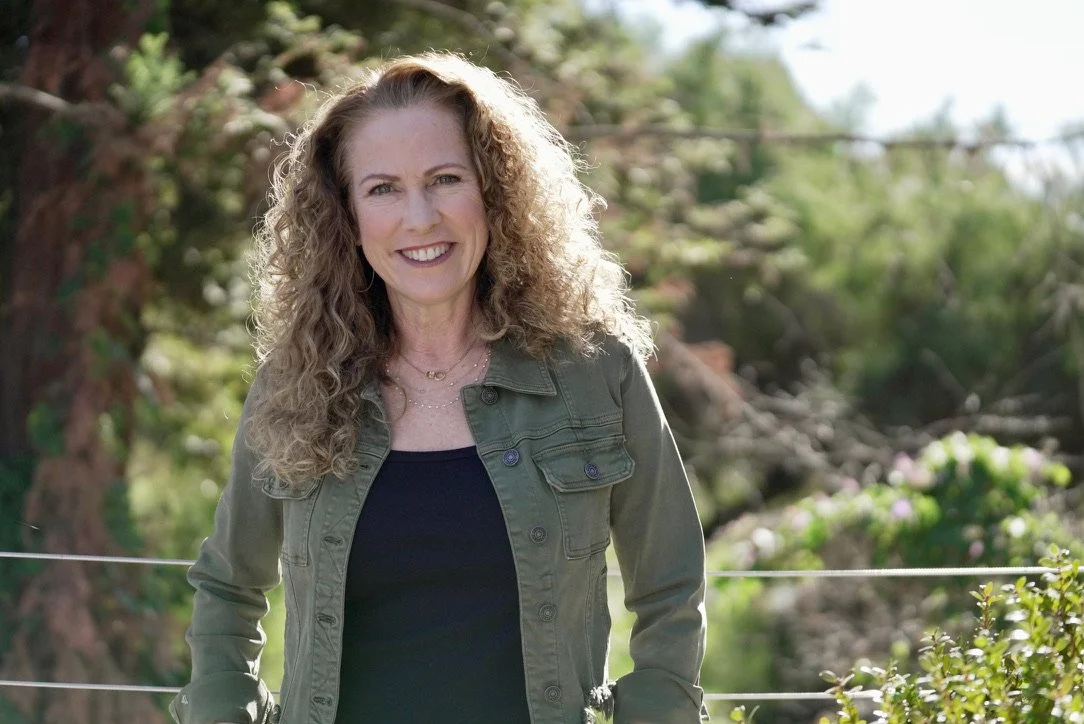So… does this mean no consequences?
After my last post, you may have been thinking:
“Okay, but if I don’t punish… does that mean I just let them get away with it?”
It’s a great question. And the answer is no—this isn’t about being permissive.
Now, I’m not suggesting teens don’t need limits and boundaries. They absolutely do. But there’s a way to set them so your teen cooperates willingly—and you feel good about your parenting.
This is what I call The Partnership Parenting Method. Instead of punishments, you use agreements and boundaries that teach responsibility and protect your relationship.
👉 Punishments are about force. They’re designed to make your teen feel bad so they’ll behave differently. What usually happens instead? They feel ashamed, angry, or resentful—and you feel like the “mean parent.”
👉 Boundaries are about teaching. They show your teen why a behavior is problematic, keep them safe, and protect your relationship. When you set a boundary, you’re leading with love, clarity, and connection.
Agreements are where you and your teen collaborate. You each share your limits, work toward a compromise, and set a time to revisit it.
Boundaries are what you will do if the agreement is broken—clear, consistent, and rooted in your values.
Here’s what it looks like in practice:
Punishment: “You’re grounded for being late.”
Agreement: “I’m comfortable with 12:30 as a Saturday curfew. Let’s try it this weekend and check in on Sunday.”
Boundary: “If you can’t make it home by 12:30, I’ll pick you up next time. My job is to keep you safe.”
See the difference? One creates shame and distance. The other builds trust and responsibility.
✅ Punishments create disconnection.
✅ Agreements and boundaries build cooperation and trust.
That’s how you move from constant battles to real partnership.
Imagine your teen saying, “Hey Mom, can you hold onto my phone so I can focus on my history essay?”
Those are the moments when you know the shift is working—when your teen isn’t just following rules, but learning to take responsibility for themselves.
🧡 Jeanine

